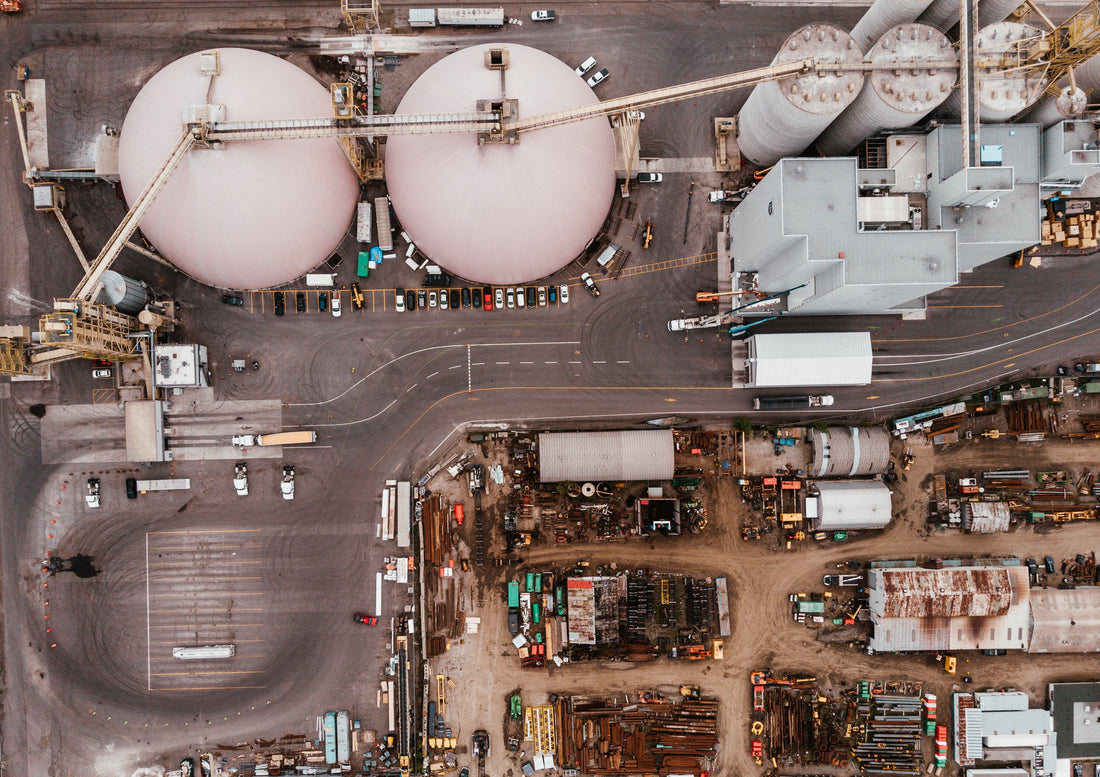
ERP in Manufacturing: The Backbone of Modern Industrial Operations
Keywords: ERP in manufacturing, manufacturing ERP systems, production planning software, supply chain ERP, factory automation ERP
Introduction: Why ERP Is Mission-Critical in Manufacturing
In today’s manufacturing landscape, complexity is the norm. From volatile supply chains to demand-driven production cycles and increasing regulatory pressure, manufacturers face constant pressure to do more with less.
That’s why Enterprise Resource Planning (ERP) isn’t just a technology investment it’s a strategic necessity.
For manufacturers, ERP systems enable real-time control over production planning, inventory, procurement, quality assurance, and logistics, all from a centralized platform. Whether you’re managing discrete, process, or mixed-mode manufacturing, ERP is what keeps the factory floor aligned with the front office and the customer.
What ERP Solves in Manufacturing
Manufacturing operations are inherently interconnected. ERP provides the structure and intelligence to manage that interdependence.
✅ Production Planning & Scheduling
ERP systems help manufacturers plan and execute production orders with precision while ensuring materials, machines, and manpower are aligned with real-time demand and capacity.
✅ Inventory & Materials Management
From raw materials to finished goods, ERP tracks inventory across locations, reduces stock-outs, and ensures just-in-time inventory accuracy.
✅ Supply Chain Visibility
ERP platforms provide end-to-end visibility into the supply chain, tracking shipments, vendor performance, lead times, and disruptions in real time.
✅ Quality Control & Compliance
Modern ERP systems integrate quality assurance workflows and compliance checks directly into production processes, ensuring regulatory readiness and product consistency.
✅ Cost Control & Efficiency
With unified data across procurement, production, and finance, manufacturers can track true product costs, improve margins, and reduce waste.
Key ERP Features for Manufacturers
- BOM (Bill of Materials) management
- MRP (Material Requirements Planning)
- Shop floor data collection
- Work order management
- Machine and labor scheduling
- Lot and serial number traceability
- Real-time analytics & KPI dashboards
- Integration with IoT and MES systems
Trends Shaping ERP in Manufacturing Today
Smart Factory Integration
ERP is increasingly integrated with MES (Manufacturing Execution Systems) and IoT platforms, allowing real-time machine data and performance metrics to feed directly into planning.
Cloud-Based ERP Adoption
Manufacturers are shifting from on-premise ERP to cloud-based solutions, gaining scalability, easier upgrades, and better remote access.
AI and Predictive Analytics
ERP platforms now include AI-driven forecasting and predictive maintenance, helping manufacturers prevent downtime and respond proactively to market shifts.
Global Operations, Local Compliance
Multinational manufacturers use ERP to maintain global supply chain consistency while adapting to local compliance requirements and regional tax rules.
Industry Snapshot: ERP in Action
-
Automotive manufacturers use ERP to synchronize just-in-time supply chains and tiered supplier networks.
-
Electronics producers rely on ERP for rapid configuration, version control, and component traceability.
-
Food and beverage plants integrate ERP with temperature monitoring and batch tracking for safety compliance.
Why ERP Success Matters in Manufacturing
ERP failure in manufacturing isn’t just a systems issue it’s a production stoppage, a lost shipment, or a failed compliance audit. A well-implemented ERP ensures:
- Faster order fulfillment
- Improved product quality
- Greater visibility and control
- Reduced operational costs
- Better decision-making with real-time insights
“In manufacturing, ERP isn’t optional—it’s the engine room for your entire operation.”
Need expert guidance selecting or optimizing your manufacturing ERP?
→ Join The Community
Final Thought
Manufacturing success today depends on precision, speed, and adaptability. ERP is the infrastructure that supports all three.
Whether you're a high-mix job shop or a global process manufacturer, the right ERP system can help you scale, compete, and thrive from raw material to final product.
